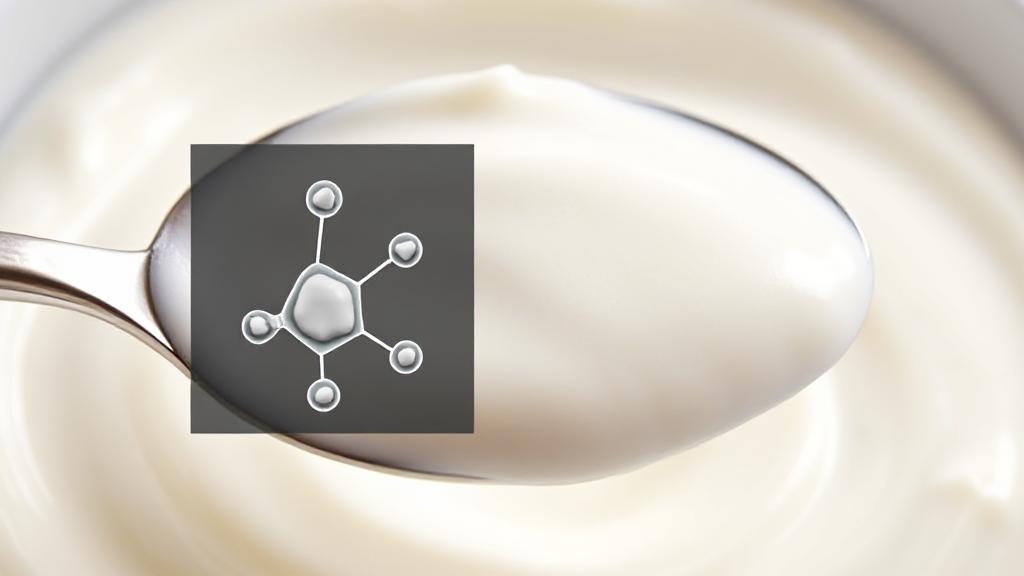Understanding Lactose in Yogurt
Yogurt is a popular dairy product enjoyed by many for its creamy texture and probiotic benefits. However, for those who are lactose intolerant, consuming dairy products can be challenging due to the presence of lactose, a sugar found in milk.
What is Lactose?
Lactose is a disaccharide composed of two simpler sugars, glucose and galactose. To digest lactose, the body needs an enzyme called lactase. People with lactose intolerance have a deficiency in lactase, leading to digestive issues when they consume lactose-containing foods.
The Science Behind Yogurt Production
During yogurt production, beneficial bacteria (Lactobacillus bulgaricus and Streptococcus thermophilus) ferment milk's lactose into lactic acid. This process not only creates yogurt's distinctive tangy taste but also reduces lactose content significantly.
Lactose Content Comparison
| Product | Lactose per 1 cup |
|---|---|
| Milk | 12-13g |
| Regular Yogurt | 4-6g |
| Greek Yogurt | 2-4g |
Types of Yogurt and Their Lactose Content
- Regular Yogurt: Contains less lactose than milk but still may pose issues for those with severe lactose intolerance
- Greek Yogurt: Lower lactose content due to straining process that removes whey
- Kefir: Contains a wider variety of bacteria and yeast, often has lower lactose levels
- Flavored Yogurt: May contain more lactose due to added ingredients
- Lactose-Free Yogurt: Made by adding lactase to break down lactose
Why Many Lactose Intolerant People Can Eat Yogurt
There are several reasons why yogurt is often better tolerated than other dairy products:
- Reduced Lactose Content: The fermentation process breaks down approximately 30-50% of the original lactose
- Live Bacterial Cultures: These beneficial bacteria continue working in your digestive system, helping break down remaining lactose
- Probiotic Content: The live bacteria in yogurt can help digest lactose, making it easier for those with lactose intolerance to consume
Tips for Consuming Yogurt with Lactose Intolerance
- Start with small portions
- Choose Greek yogurt over regular varieties
- Look for "live and active cultures" on the label
- Opt for plain yogurt rather than flavored versions
- Combine with other foods to slow down lactose digestion
- Consider adding lactase enzyme drops to non-lactose-free yogurt
Pro Tip: Brands like Lactaid and Green Valley Creamery offer lactose-free yogurt options for those who are highly sensitive.
Health Benefits Beyond Lactose Consideration
Even with its reduced lactose content, yogurt offers significant nutritional benefits:
- High-quality protein
- Calcium
- Vitamin B12
- Probiotics for gut health
- Potassium
Remember that lactose sensitivity varies greatly among individuals, and what works for one person may not work for another. Many people find that regular consumption of yogurt actually helps improve their overall lactose tolerance over time.
For more information on lactose intolerance and dairy alternatives, you can visit:
